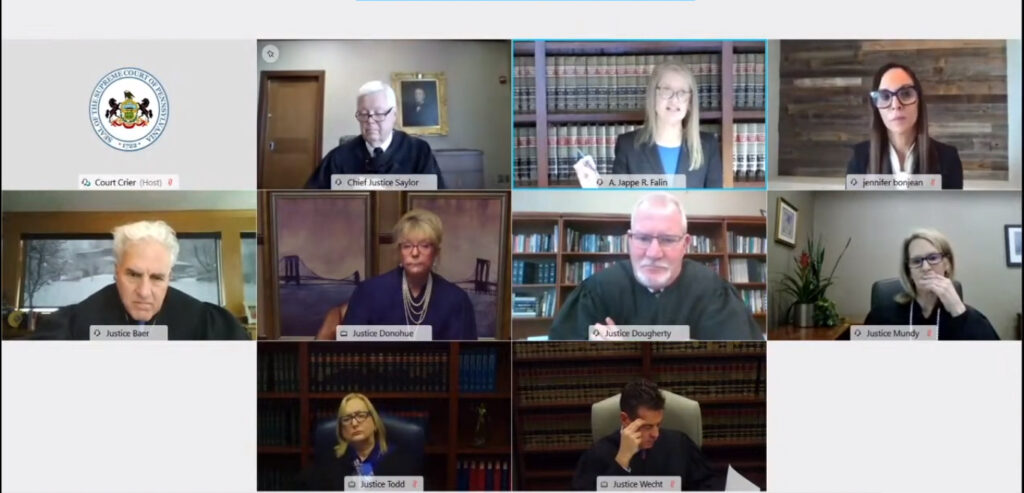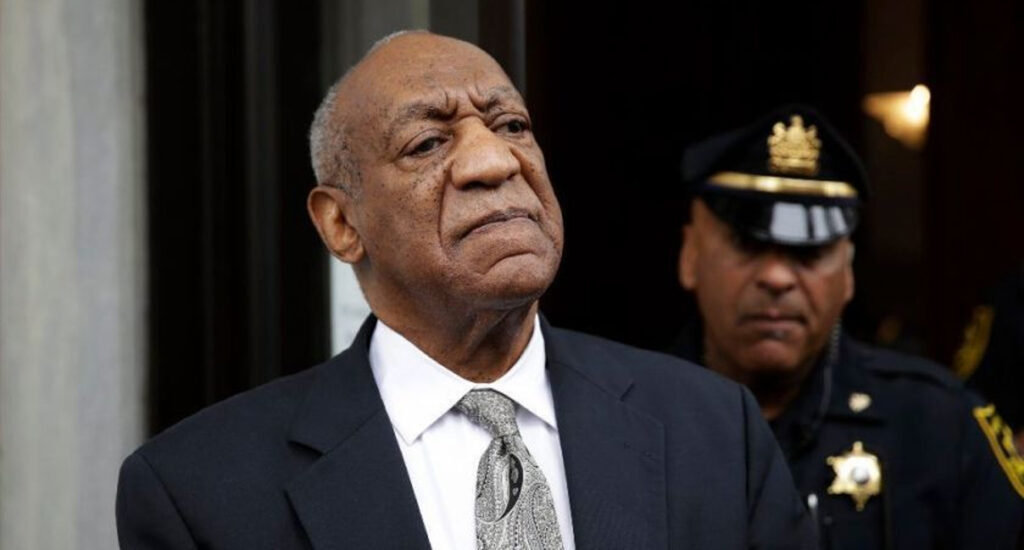Torchde Team | December 10, 2020
The state Supreme Court is made up of seven members, and at least four strongly questioned Assistant District Attorney Adrienne Jappe, who argued for the prosecution. The appeal hearing opens up the possibility that Cosby’s conviction could be overturned. The panel did not seem pleased with the prosecution’s arguments of using prior bad acts evidence in this case. During the prosecution’s arguments one judge laughed repeatedly, and removed himself from the conference at one point. Cosby on trial, here are 4 reasons prosecutors were bashed by supreme court judges.

Labeling all the Women as Victims of Sexual Assault
Five women testified as witnesses for prior bad acts evidence. On behalf of the Commonwealth, Jappe kept asserting that all the women were victims of sexual assault by Cosby. Judge Dougherty didn’t respond well to that argument and stated: “You keep saying that the 5 women were sexually assaulted.” Speaking on Lise-Lotte Lublin’s testimony he asserted. “There’s no allegations of sexual contact, it’s that she took a medication, fell asleep and woke up. How can you represent that their was sexual abuse on that person when the record evidence indicates just the opposite.”
Failure to Describe a Signature Pattern
The prosecution’s argument is that there’s a common thread of abuse by Cosby as he manipulates his victims. According to Jappe he seeks out young women to drug and rape them. The bulk of Jappe’s explanations were limited to the allegations only. There was no mention of the evidence that supported these conclusions. Judge Donohue asked: “What are you describing, a signature? The alleged assault that took place here, took place in the defendants home after an 18-year relationship with Ms. Constand. After meeting her mother, after going on trips with her. If you’re talking about a signature you better incorporate all of the facts that we have in the case that’s on trial. Because frankly, I don’t see it.”

Excuses for Prior Bad Acts
The prosecution added that additional witness testimony was vital because Cosby’s defense was that he had consent. According to Jappe, this automatically means that he’s claiming to have misunderstood what consent actually means. This was never an argument in the case to begin with and Judge Donohue made sure Jappe understood this. “The defendant here didn’t claim he made a mistake in thinking that there was consent. That’s an addendum by the Commonwealth in order to create a basis to assert this evidence (prior bad acts).”
Jappe disagreed, and maintained that CONSENT and misunderstanding consent are the same argument. Judge Donohue continued: “He wasn’t asserting that at all, he was asserting consent. In order to proffer this evidence the Commonwealth twisted that defense into – Oh now we’re going to prove that there wasn’t a mistake in the consent, they’re really two different propositions.”
Emphasis on Cosby’s Deposition from the Civil Trial
In 2006 Cosby was promised immunity from a criminal case by District Attorney Bruce Castor in exchange for his testimony in the civil deposition.Testimony from this deposition was another method used by the Commonwealth to convict him. A second attorney, Robert Falin argued that the Commonwealth was not under any obligation to honor the agreement. Judge Wecht brought up the fact that the Commonwealth uses plea deals, immunities etc, to resolve cases all the time. If they side with the prosecution on this matter what will that mean for others? Judge Wecht came back to this question: “A city DA (Castor) made a decision, memorialized it in a Press Release, you don’t like it, but why does that not bind you as the successor office?” Falin indicated that a case should never be closed forever and that if new evidence came forward the case can be restored.
When new evidence is discovered a case can be reexamined but prosecutors are also saying that Cosby shouldn’t have relied on the promise at all. According to Falin, allowing someone to do so isn’t fair. Judge Todd followed up with: Isn’t it fair also to look at Mr. Cosby’s reasonable reliance on the agreement he believed he had – based upon the fact that he went forward with the civil deposition?”
Watch Bill Cosby’s Supreme Court Hearing here.
